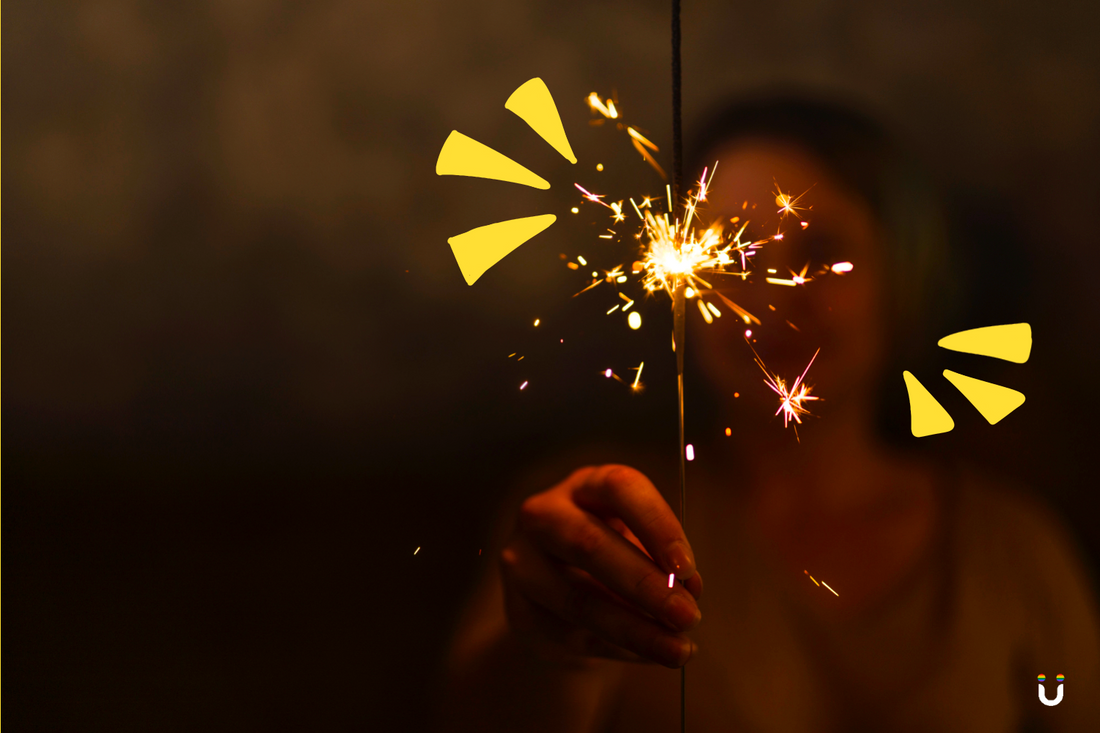It’s that time of the year again.
As the year comes to an end, the holiday season brings about a time of festivities. But there’s something that no one tells you about these festivities - they bring a whole mixed bag of emotions with them. And no, you can’t repackage them and pass them along like the quintessential box of kaju katli.
I've noticed clients across the spectrum: they either feel excited or dread the thought of the festive season. Some can't wait for a break from work and the chance to reunite with family, while others try to find reasons to avoid going home altogether. Many feel overwhelmed by the festive workload, while a select few eagerly dive deep into holiday-themed herculean tasks (like cleaning and cooking).
As you can tell, there's a rollercoaster of feelings around different parts of celebrating festivals.
In a recent ‘Holding Space’ I facilitated about feelings that come up during festivities, the discussions revealed a shift in city culture regarding how we perceive festivities, religion, and tradition. This made me think that this shift might be influencing how we connect with our community.
Many (if not all) festivals in India are connected to religious practices. A growing number of urban Indian youth find it hard to connect with these traditions, which might lead them to feel disconnected from the celebrations and the sense of togetherness they are supposed to bring. Possibly, leading to a loss of community bonds.
Not having a strong community is a worrying thought because it can cause collective loneliness which, in turn, has detrimental effects on our physical and mental health. Collective loneliness happens when we don't feel like we belong to a group or share a common identity. If you want to know more, do check out my personal deep dive into the different types of loneliness and ways to deal with them in detail.
I'm not suggesting that everyone needs to be religious or follow traditions they don't resonate with just to feel a sense of belonging to a community. That's not the idea at all. We just need to mimic what religion has been doing right from centenaries in order to improve our collective loneliness.
Studies show that people who attend religious services tend to be happier than those who don't, but it's not necessarily because of their religious beliefs or specific spiritual ideas. Instead, it's the social connections and sense of belonging they gain from being part of a religious community that boosts their well-being. Religion makes us happier by easing our feelings of loneliness through the support and companionship found in these gatherings.
Let me introduce you to Casper ter Kuile. He is the author of The Power of Ritual, a Fellow at Harvard Divinity School, and a huge fan of religion which is surprising because he also describes himself as a hardened gay atheist. Kuile highlights that behind religious practices are essential questions: What responsibilities do we have to each other? How can we create healthy communities and care for one another? How can we discover joy together?
He started exploring a theory of whether places other than religious or festive gatherings create the same sense of community. He discovered a fantastic example in gyms. While people come to work on fitness goals, they often stay because they're forming connections and finding deeper meaning in their experiences there. Therefore, spaces other than religious spaces can also be community spaces, but it's a matter of approaching these spaces with greater mindfulness and intent to engage in order to get that sense of belonging.
Here’s a conclusive question: in glorifying individualistic societies, have we inadvertently disregarded the profound benefits of the collective? Reimagining the significance of communal togetherness might offer the remedy to the isolation and loneliness plaguing modern society. It's time to learn from the good parts of festivities and rekindle the value of community for the well-being of us all.


